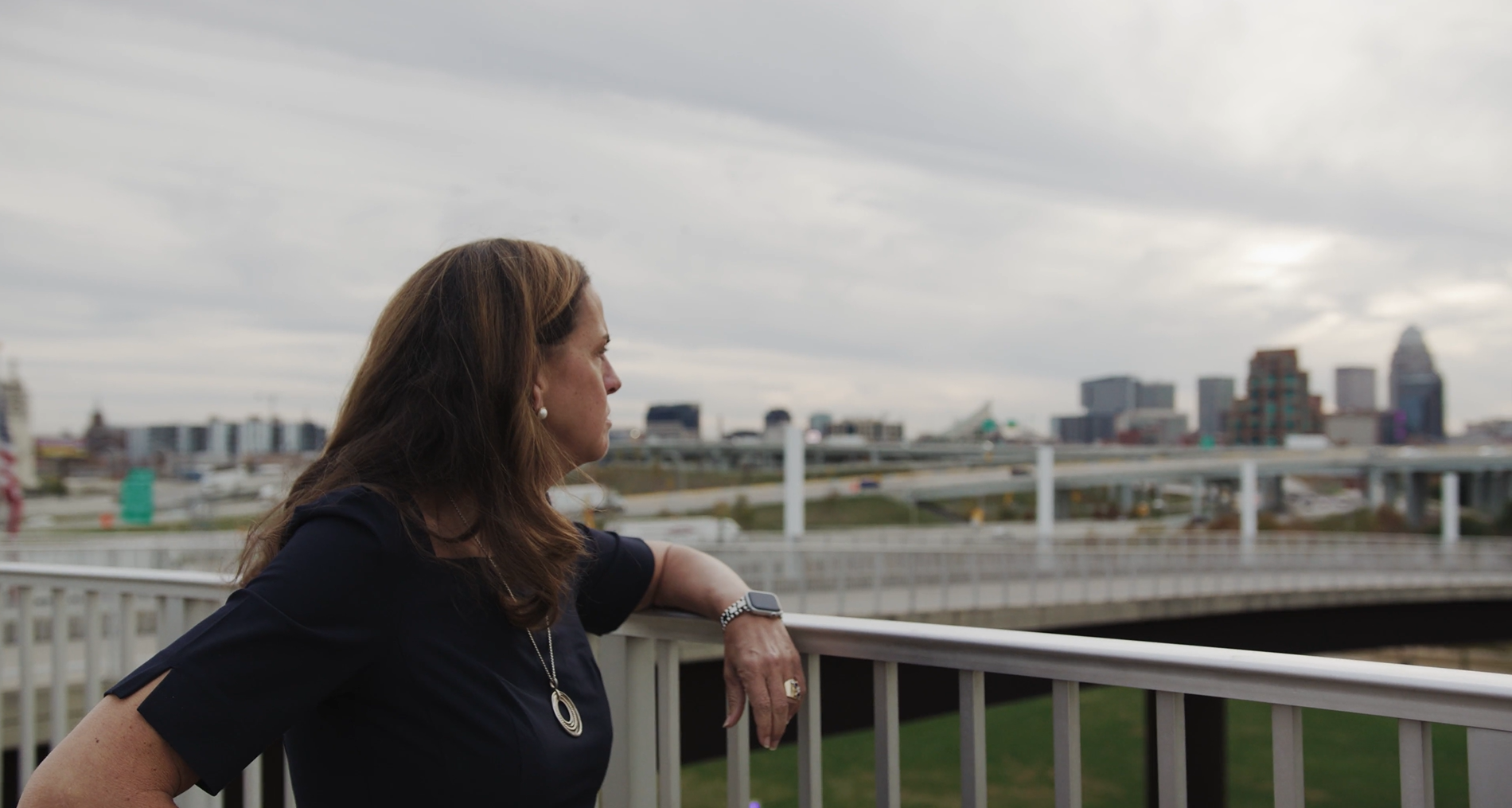Summer is perfect for enjoying the outdoors and making memories with family and friends but keep in mind the possible dangers. Heat is one of the leading weather-related killers in the United States, resulting in hundreds of fatalities each year and even more heat-related illnesses.
Heat related illnesses include:
- Heat stroke
- Signs of heat stroke include high body temperature, hot red skin, fast strong pulse, headache, dizziness, nausea, confusion, or losing consciousness.
- If you notice these symptoms call 911 immediately, as heat stroke is a medical emergency. While waiting for medical professionals to arrive, move the person to a cooler place and work to lower their body temperature but do not give the affected person anything to drink.
- Heat exhaustion
- Signs of heat exhaustion include heavy sweating, cold pale skin, fast weak pulse, nausea, muscle cramps, tiredness or weakness, dizziness, headache, losing consciousness.
- If these indications are present, move to a cool place, loosen your clothes, put cool cloths on your body and sip water. Get medical help immediately if you are throwing up, symptoms have lasted longer than one hour, or your symptoms are getting worse.
- Heat cramps
- Signs of heat cramps include heavy sweating and muscle pain or spasms.
- If you are experiencing heat cramps stop physical activity and move to a cool place, drink water and wait for cramps to cease before resuming physical activity. Seek medical attention if cramps last longer than one hour, you have heart problems or are on a low sodium diet.
- Heat rash
- Signs of heat rash include red clusters of small blisters usually on the neck, chest, groin, or in elbow crease.
- If you are have a heat rash stay in a cool dry place, keep the rash dry and use powder to soothe the rash.
If you’re enjoying time outside follow these simple guidelines to stay safe.
- Drink water every 15 minutes, even if you’re not thirsty
- Wear a hat and light-colored clothing
- Find a shady place to rest when the sun becomes too harsh
- Avoid alcohol, caffeine and carbonated drinks which lead to dehydration
- Avoid strenuous physical activity in the hottest part of the day
- Check the weather forecast before you start your day. Be aware of both the temperature and the heat index.
- NEVER leave a person or pet in a parked car.
On particularly hot days opting to stay inside may be your best option.
Staying Cool in Your Home
- Installing weather-stripping on doors and windowsills will keep cool air in and hot air out.
- Using drapes, shades or awnings to cover any windows that receive morning or afternoon sun can reduce the heat entering your home by 80%.
- Ceiling fans should run counter-clockwise to force cool air down.
- Avoid using your oven. Using a slow cooker or tabletop grill can dramatically minimize heat.
Staying safe throughout the summer heat doesn’t have to put a damper on your plans, just be prepared and use common sense.

